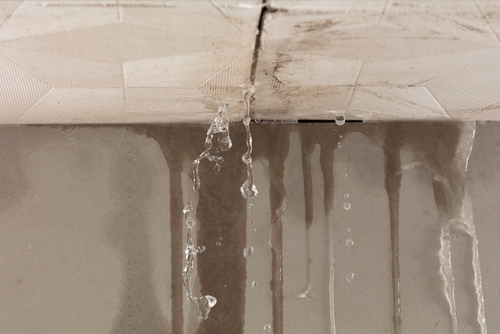Water damage strikes Miami homes without warning. A burst pipe floods your kitchen while you’re at work. An aging water heater fails overnight, soaking carpets and destroying family memories. When you turn to your insurance company for help, they delay, deny, or dramatically underpay your legitimate claim. That’s when you need a Miami water damage lawyer who understands Florida insurance law and will fight for every dollar you deserve.
Your Insurance Attorney has been protecting Miami property owners from insurance company tactics for years. We know that water damage can destroy your home in minutes but impact your life for months. From Coral Gables to Aventura, from downtown Miami to Kendall, we’ve helped thousands of families recover from water damage disasters. Our attorneys understand the unique challenges Miami residents face, from our shallow water table that complicates flooding to the cast iron pipes failing in older homes throughout the city. Justice for you, that’s what we do!

Water damage typically covers internal sources, such as burst pipes, appliance failures, or water entering through storm-damaged windows. Standard homeowners policies usually cover this “sudden and accidental” damage.
Flood damage involves rising water from external sources like storm surge, overflowing rivers, or surface water accumulation. This requires separate flood insurance through the National Flood Insurance Program or private insurers.
The distinction becomes critical in Miami where heavy rains can cause both types of damage simultaneously. Insurers might try to classify internal water damage as excluded flooding to deny coverage.
Florida law requires initial notice of residential property claims within 1 year of the date of loss for damages occurring after December 16, 2022. However, most insurance policies require “prompt” notice—typically interpreted as soon as reasonably possible. Waiting even a few days can give insurers grounds to argue the delay prejudiced their investigation.
Best practice is to report water damage immediately upon discovery, even if you haven’t assessed the full extent. You can submit supplemental claims within 18 months as hidden damage emerges.
Age alone doesn’t disqualify coverage if the failure was sudden and accidental. Many Miami homes have cast iron pipes from the 1960s-1970s that are now reaching failure age. While insurers argue this constitutes wear and tear, Florida law recognizes that even old pipes can fail suddenly. The key is proving the actual break was sudden, not that deterioration was gradual. Professional plumber assessments stating the failure was sudden and couldn’t be detected through reasonable maintenance help overcome age-based denials.
Extended damage from undiscovered leaks creates complex coverage issues. If you were away for a reasonable period (vacation, work travel), coverage typically remains intact. However, insurers may argue negligence if homes were left vacant for extended periods without proper precautions. Courts examine whether water release constituted continuous seepage (excluded) or constant-rate burst (covered). Prompt discovery upon return and evidence of reasonable precautions help preserve coverage.
While convenient, using insurer-preferred vendors may compromise your claim. These companies often have financial relationships with insurers and may minimize damage findings to maintain referral streams. You have the right to choose your own licensed restoration professionals. Independent contractors provide unbiased damage assessments that support your claim’s full value. If you use the insurer’s vendor, also obtain independent assessments to verify their findings. Document any discrepancies between assessments as potential evidence of bad faith.
2300 Maitland Center Parkway
Suite 122
Maitland, Florida 32751
We truly care about getting the best results for you. Our goal is to help you through powerful representation from start to finish. We work with clients all over the states of Florida, Georgia, Colorado, North Carolina, and California.